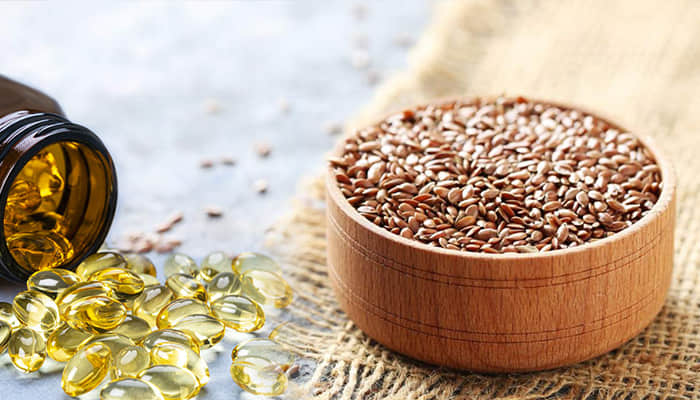Important: Individuals with lupus should never stop taking their prescribed medications without consulting a doctor. Any changes to diet or supplements should be supervised by a healthcare professional.

Understanding Lupus
Lupus is a complex autoimmune disease that can lead to various health complications. Managing lupus effectively involves a combination of medication, diet, exercise, and lifestyle changes. Below are some complementary approaches that may help alleviate symptoms.
Key Supplements for Lupus
1. DHEA (Dehydroepiandrosterone)
- Benefits: DHEA is a hormone produced by the adrenal glands. Studies suggest that it may help reduce the need for corticosteroids and relieve lupus symptoms.
- Dosage: A daily dose of 200 mg for 7 to 12 months may help lower corticosteroid dosage and reduce flare-ups.
- Caution: Long-term safety studies are needed, and DHEA is prohibited in Canada due to its anabolic properties. Always consult a healthcare professional before use.
2. Fish Oils
- Benefits: Omega-3 fatty acids found in fish oils have anti-inflammatory properties that may reduce lupus symptoms and lower cardiovascular risk.
- Dosage: Early trials suggest that 3 grams per day can be beneficial, but larger studies are needed to confirm these effects.
3. Flax Seeds

- Benefits: Flax seeds are rich in omega-3 fatty acids and soluble fiber. Some studies indicate they may relieve symptoms in lupus patients, particularly those with kidney issues.
- Dosage: A randomized study showed that 30 grams of ground flaxseed per day may protect kidney health.
Dietary Recommendations

While no specific diet has been proven to reduce lupus symptoms, maintaining a healthy diet is crucial. Here are some guidelines:
- Focus on Whole Foods: A diet rich in fish, fruits, and vegetables can help manage overall health.
- Limit Unhealthy Fats: Reduce saturated fats and refined sugars to lower cardiovascular risks.
- Monitor Caloric and Nutrient Intake:
1. Aim for a balanced calorie intake based on your needs.
2. Keep protein intake within recommended levels (45-55g for women and 55-65g for men).
3. Limit fat intake to no more than 30% of daily calories, favoring healthy fats from fish and olive oil.
4. Do not exceed the recommended daily intake of zinc (11 mg for men, 8 mg for women) and iron (8 mg for men, 18 mg for women).
Mind-Body Therapies

Mind-body approaches emphasize the connection between mental and physical health. Therapies such as integrated body psychotherapy and bioenergy can help individuals regain balance and cope with the challenges of living with lupus.
Conclusion

While there is no cure for lupus, incorporating these complementary approaches may help manage symptoms and improve quality of life. Always consult with healthcare professionals before making any changes to your treatment plan.
